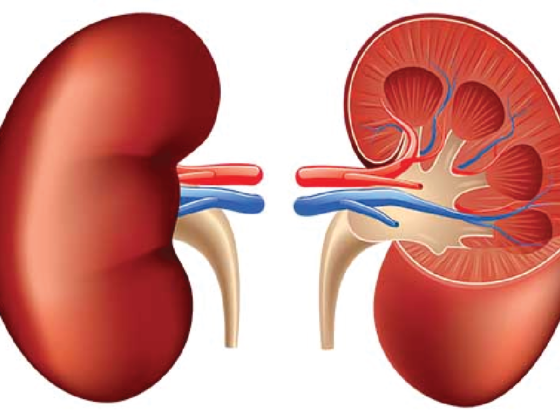By Jordan Tumwesigye
In October 2019, media, both mainstream and social, was awash with reports of how a leading hospital had detained four mothers over unpaid medical bills ranging from between Shs200,000 and 800,000.
This was not the first time. In 2016, a leading private hospital was sued for detaining a patient over unpaid bills amounting to over Shs19,000,000.
These cases mirror the Ugandan public health system and all its failings particularly the inability of many to settle medical bills.
The solution lies in the introduction of a national health insurance scheme where the government could insure its citizens against ailment and disease.
Uganda has toyed with the idea of a national health insurance scheme for more than a decade. Since 2007, the floor of Parliament has seen a back and forth movement of draft national health insurance bills with very little success.
Currently, the national health insurance bill has reached advanced stages and soon enough we might see a first ever health insurance scheme rolled out to Ugandans.
Low insurance penetration
This is especially important considering that insurance penetration still remains relatively low with 2016 statistics from the Uganda Insurers Association pointing to a 0.73 penetration from private insurance.
The low insurance penetration can be attributed to the relatively high cost of private insurance which most Ugandans cannot afford. This makes the need for a national health insurance scheme a welcome addition
How National Health Insurance Scheme works
The workings of a national health insurance scheme are easy to understand.
An insured person contributes a designated amount, called a premium. Government then pays the premium for the indigent or those of advanced age.
By paying this premium, the insured person is entitled to access free medical care across public hospitals in the country. This limits out of pocket (OOP) expenditure on medical care which is what most Ugandans use to pay their medical bills.
The problem with OOP expenditure lies in the fact that a person rarely envisages infirmity and therefore when they are faced with the infirmity, expenditure on healthcare usually disintegrates what they planned to spend on some other needs. Being part of an insurance scheme is an opportunity to save for healthcare just like one would for a car.
Unrealistic?
Lucrative as this idea sounds, there’s worry that such an idea is unrealistic. The leading proponents of this line of argument have said that developing countries never have enough resources to ensure that everyone realises the right to health especially through an insurance scheme.
This is partly true considering that developing countries such as Uganda operate with relatively low budgets and have to rely heavily on donor support.
However, what can be seen from developing countries is the lack of commitment towards the health sector. For instance in Uganda, the government allocated 6.4% of its budget in the 2019/20 financial year to the health sector which was a slump from the 7.03% in the 2018/19 financial year. This compares to the 6.2% which was allocated during the 2017/18 financial year. In both the 2016/17 and 2015/16 financial years, the sector was only allocated about 5.3% of the national budget which was a slump from the 2014/15 financial year where the sector was allocated 7.9% of the national budget.
This budgetary breakdown is a lucid picture of the government’s failure at promoting the right to health despite signing the Abuja Declaration of 2001 where a commitment of allocating at least 15% of the national budget to health was reached. This has nothing to do with resources but rather a lack of commitment.
Though the current public health system can at best be described as a Cri de Coeur if the government were to commit to securing 15% of its budget to the health sector and incorporate a portion of this to operationalizing a national health insurance scheme, then perhaps we would witness a sharp reduction in preventable deaths such as those which occur from child birth.








